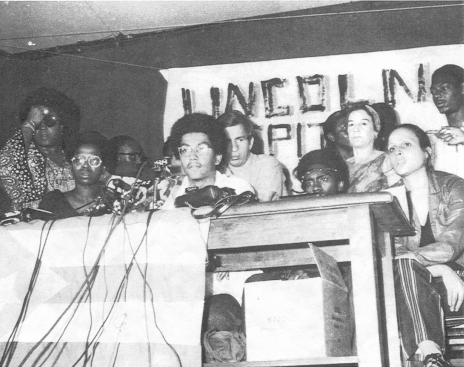An Ecosocial Approach to the Epidemic of Cholera in the Marshall Islands
Keywords:
Cholera, Micronesia, Political Systems, Environment Design, Resource Allocation, Vulnerable PopulationsAbstract
A cholera outbreak occurred in the Marshall Islands in December 2000 to January 2001 with over 400 cases and six deaths. Within Kwajalein Atoll, cholera occurred on Ebeye Island, while it did not occur on Kwajalein Island, three miles away. We apply Krieger’s ecosocial approach in order to explicate the reasons for this dichotomy. We first examine how Marshallese people came to embody cholera as a disease state. Secondly, we examine the (a) arrangements of power, property, production, and consumption in the Ebeye-Kwajalein complex, as well as (b) human biology as it has been shaped by the ecological context in order to elucidate the pathways to the embodiment of cholera. Thirdly, we examine the cumulative interplay between exposure to cholera, as well as susceptibility and resistance to the disease at the level of individuals and the island-wide level. Fourthly, we examine who is responsible for the cholera outbreak and who describes the phenomena. We conclude that the outbreak of cholera in the Marshall Islands can be considered the biologic embodiment of disparate political and economic conditions and ecological imbalance. We suggest courses of action for those interested in addressing the inequalities and working towards health.
Downloads
Published
Issue
Section
License

This work is licensed under a Creative Commons Attribution-NonCommercial-NoDerivatives 4.0 International License.

